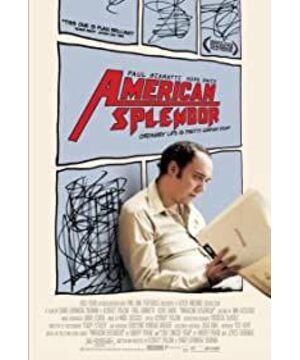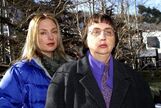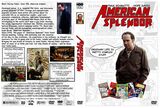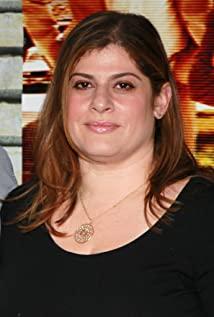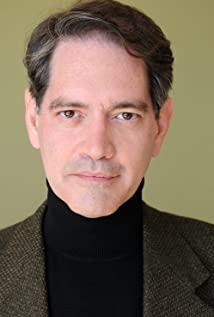The whole film was shot in Cleveland, and the shooting time was set in winter. There is no sunny scene here, it's all Cleveland brown brick walls, gray sky, and standing factory buildings. The downtown skyline that occasionally flashes by is also dominated by dark colors, and there are people who work day after day under the tall buildings.
There are also those streets. Although the street scenes of watching movies cannot be named, I feel that every place has a collection of familiar senses. The small broken house where Harvey first lived seemed to be the community near E70, with wide streets, especially in winter. The distance between roadside houses is not very wide, with trees and shrubs dotted between them. After Harvey got divorced, he was walking on the sidewalk with two rows of cedar trees, behind the foggy car lights, driving on Mayfield Road. Michelle told me that this Mayfiled was leading to Pennsylvania a long time ago when he just fell. Maybe it's not Mayfield, but Chester Avenue. What's the difference? Perhaps Harvey met Quinn’s dessert shop, a window in an alley in Little Italy, where I passed countless times.
This is Cleveland, a declining industrial city, full of withered blocks, empty roads with dead leaves in winter, seemingly ordinary, we have different stories. When Harvey was abandoned by his ex-wife and couldn't write his works, he seemed to be guarded by the angels of the city, and his life continued. Some people say that this is a movie with no big plot and ups and downs, yes, but each of us is an immortal soul. There is no plot more turbulent than your personal memories and cities, whether it's Cleveland, Beijing, Dubai, or Yili.
View more about American Splendor reviews


